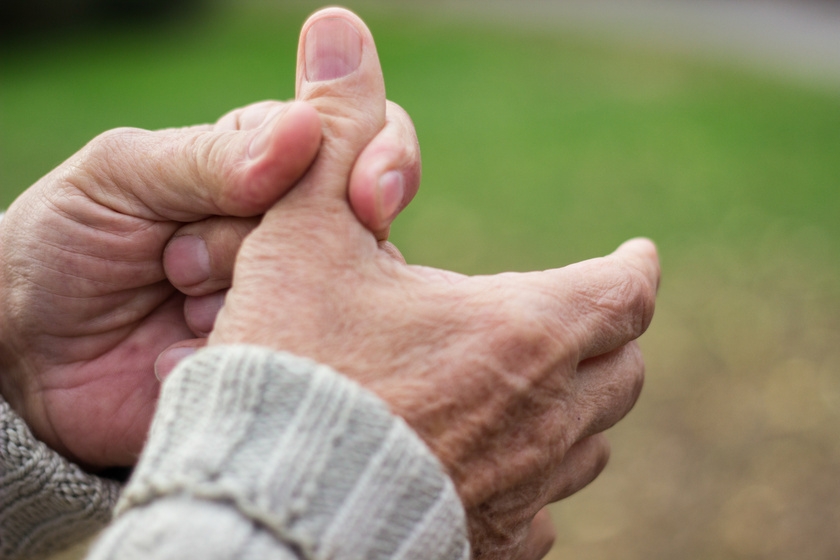Like diabetes and heart disease, arthritis is one of the chronic conditions adults are likely to experience as they age. Symptoms of arthritis in the elderly include tiredness, swollen joints, skin rashes, and others. If you notice your elderly loved one having these symptoms, they may likely be suffering from arthritis.
Arthritis in the elderly can lead to chronic pain which can cause depression and inability to sleep. There are two variations of arthritis that an adult can experience: Rheumatoid arthritis (RA) and Osteoarthritis (OA).
Rheumatoid Arthritis
Rheumatoid arthritis is also known as inflammatory arthritis, which causes inflammation within the joint for no obvious reason. It is a severe inflammatory disease that can cause the joints to decay, leading to a form of deformity and disability. Usually, the early symptoms of this chronic autoimmune disease begin from ages 25 to 50 and are more common in men.
Aside from swelling and stiffness which are the common symptoms of rheumatoid arthritis, your elderly loved one may also experience pain in several parts of the body. Your loved one may be subjected to pain in the feet, hands, hips, wrists, knees, and other joints in their body.
The symptoms of rheumatoid arthritis can lead to fever, weight loss, fatigue, and others. Once you notice these symptoms in your elderly loved ones, you should get them diagnosed. The diagnosis involves a physical examination and blood tests.
Osteoarthritis
Osteoarthritis is also known as degenerative or mechanical arthritis—a chronic disease that causes damage to the cartilage in the joints. It is a more common form of arthritis in elderly persons over the age of 60. It causes limitation of movement as it majorly affects the joints in the locomotive system, usually the hip and knee joints.
Like rheumatoid arthritis, it causes deterioration of the joints. However, it can’t be diagnosed through specific tests like rheumatoid arthritis. The diagnosis involves physical examination, medical history, x-ray, and laboratory tests.
If your elderly loved one if they show symptoms of arthritis after prolonged movements, take them to a doctor for a diagnosis.
How to Manage Arthritis
There is no cure for either form of arthritis but it can be managed. The general treatment used to manage arthritis is a combination of pharmacologic and non-pharmacologic therapy. This treatment approach will help to minimize pain and improve the condition of your elderly loved one. Aside from medical treatments, below are ways to ease arthritis pain:
- Exercise: Encouraging your elderly loved ones to exercise regularly is a great way to help them manage arthritis. You can try taking them for walks regularly, but ensure that they stop whenever they begin to feel pain in their joints. Swimming is a good form of exercise your elderly loved one can indulge in, as water helps to support their weight and reduce pressure on their joints and muscles.
- Healthy diet: If your loved one is overweight and has arthritis, you can encourage them to eat more vegetables and fruits to help them lose weight. Even though losing weight won’t cure arthritis, it can help reduce knee and joint pain.
- Manage stress: Helping your elderly loved one with tasks that can worsen their arthritis is a great way to manage the condition. A reduction in the amount of stress will help to ease their pain and improve their quality of life.
At Morada Burleson, our team members specialize in caring for elders with arthritis. Contact us to learn more about our assisted living programs and other care options available for your elderly loved one.






